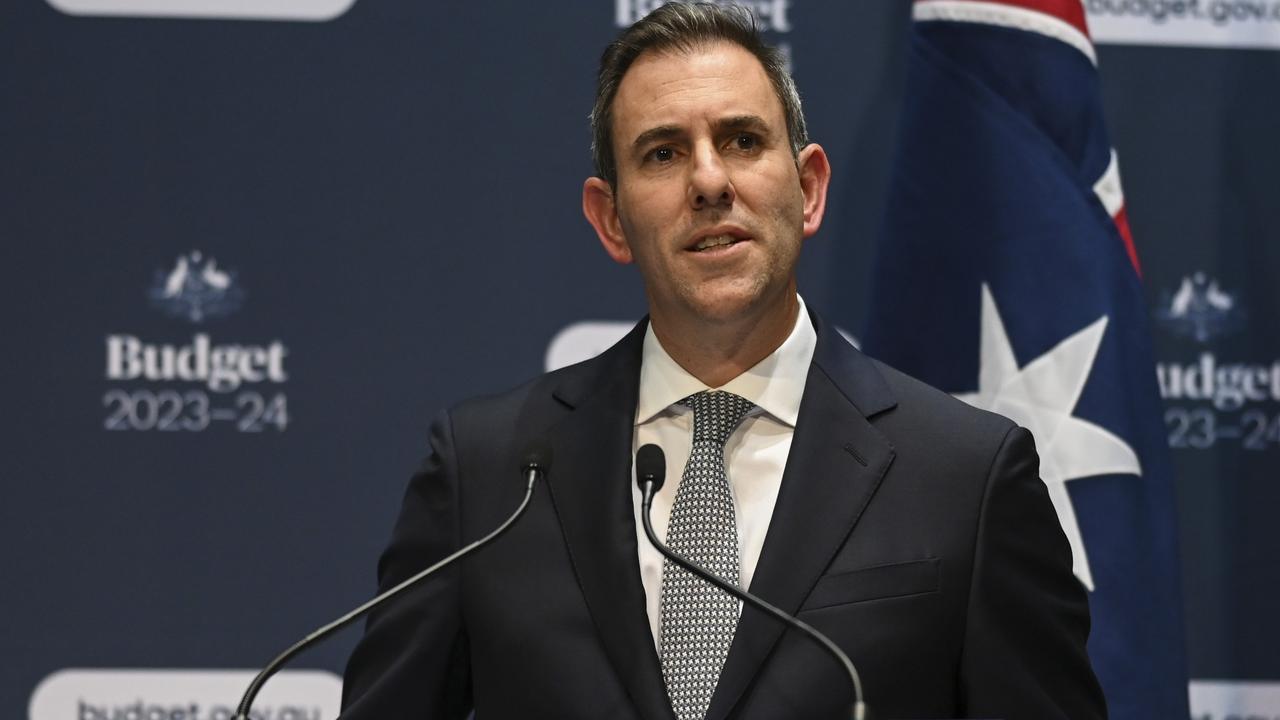Today’s News

Image Source: The Australian
Australia’s resource-rich economy sustained a deceleration in the closing months of 2023, raising concerns about an impending economic downturn, particularly if the Reserve Bank of Australia follows through on its recent hints at potential further interest-rate hikes.
In the fourth quarter, the economy exhibited a sequential growth of 0.2% and a year-over-year increase of 1.5%, a moderation from the 2.1% year-over-year growth reported in the third quarter, according to the Australian Bureau of Statistics. Analysts had anticipated a growth of approximately 0.2% for the quarter and 1.4% compared to the previous year.
While robust government spending and heightened business investment provided some support during the quarter, the overall growth trajectory has been on a sharp decline due to the impact of escalating interest rates and a surging cost of living, eroding consumer confidence.
This slowdown exposes the economy to the risk of contraction in the upcoming quarters, potentially prompting the Reserve Bank of Australia to remain cautious, with expectations that interest rates may start declining before the year’s end.
Accompanying the economic deceleration is an increase in the unemployment rate, rising from a 50-year low of 3.4% in October 2022 to 4.1% in January of the current year, a trend forecasted to persist by the Reserve Bank of Australia.
Treasurer Jim Chalmers emphasized a shift in the risks facing the Australian economy, noting a transition from a singular focus on inflation to a growing concern for overall economic growth. He stated, “We’ve had a sole focus on the inflation fight, but that will change over time inevitably. Inflation is still our primary focus. I think it is still the main challenge in our economy…but the balance will shift over time.”
Population growth emerged as a crucial factor preventing an economic downturn, according to Callam Pickering, an economist at global job site Indeed. He highlighted a decline in economic activity on a per capita basis for the fourth consecutive quarter, with a 1% drop over the past year being the largest since 33 years, excluding the pandemic.
In the fourth quarter, government spending witnessed a 0.6% increase, driven by benefits aimed at shoring up household budgets against rising rents and electricity costs, as reported by the ABS.
Business investment, particularly in nondwelling construction, contributed to a 0.7% growth over the quarter, though business inventories contracted due to reduced imports, aligning with the broader economic slowdown.
Despite these economic challenges, consumer spending experienced a slight uptick, with households directing their expenditures towards essential items like electricity, rent, food, and health. Conversely, spending in discretionary areas such as hotels, cafes, and restaurants saw a reduction, reflecting the overall economic trends.
Other News
South Korea’s Inflation Surges To 3.1%
South Korea experiences a faster-than-expected rise in inflation, reaching 3.1% in February, supporting the central bank’s commitment to maintaining a tight monetary policy due to persistent price growth.
PwC Partners Disqualified In Leadership Shake-up
PwC removes three senior partners, including a frontrunner, from management roles and disqualifies one from the U.S. business leadership race for violating election rules, causing disruption in the firm’s succession process.
S&P 500 Falls 1% As Magnificent Seven Tech Stocks Decline
Most Magnificent Seven tech stocks, excluding Nvidia, experience declines, leading to a 1% drop in the S&P 500, with Tesla leading the way down 3.9%. Concerns arise over the sustainability of last year’s synchronized gains within the group



